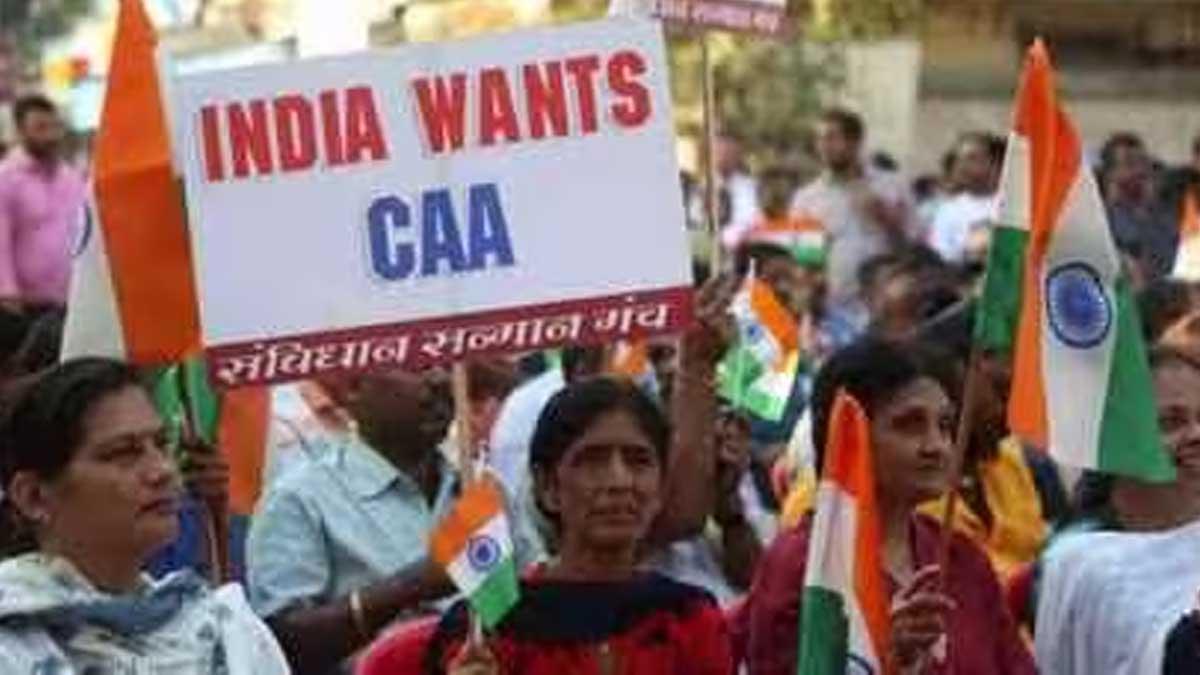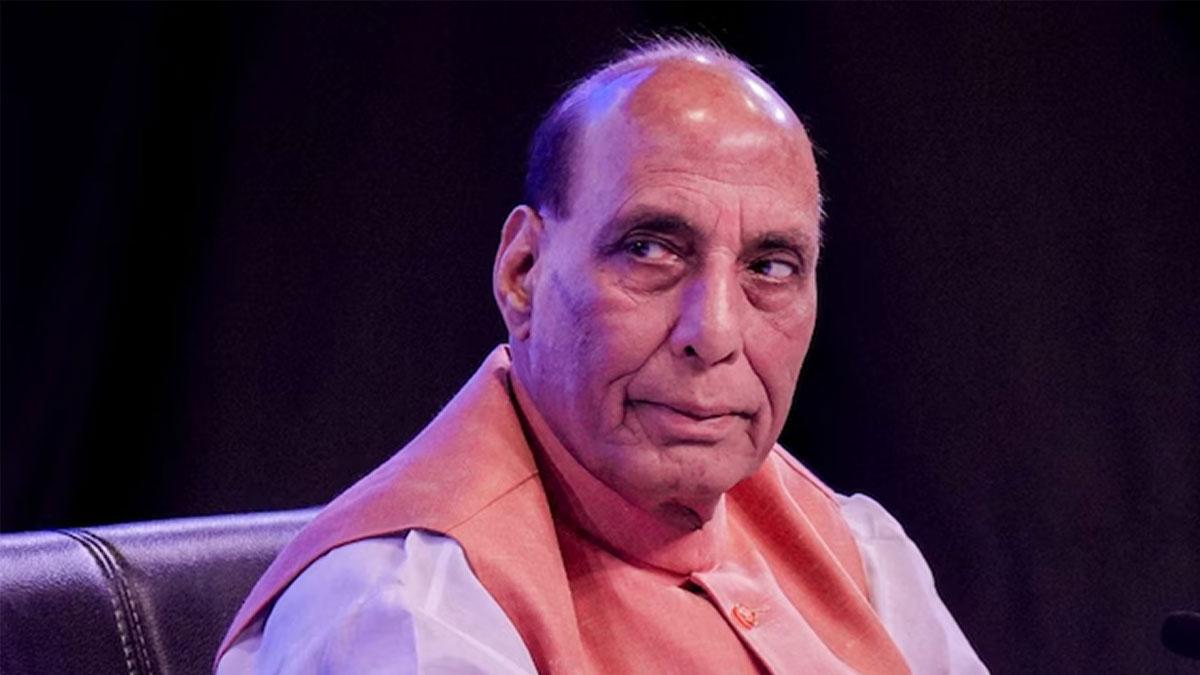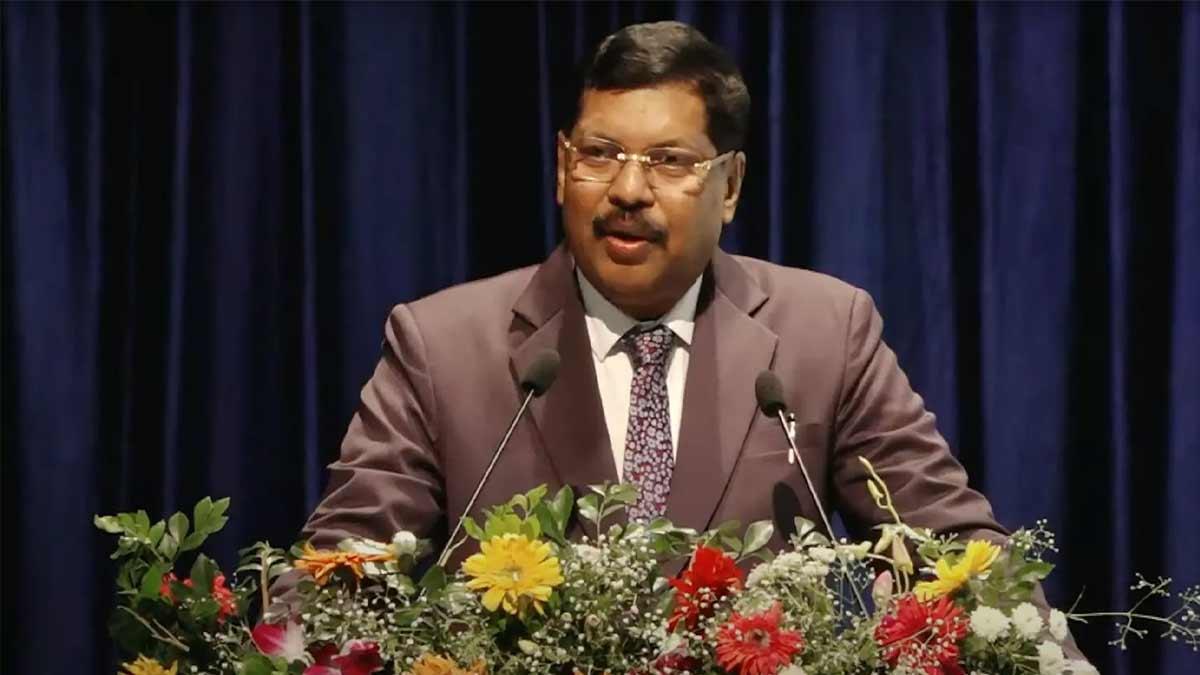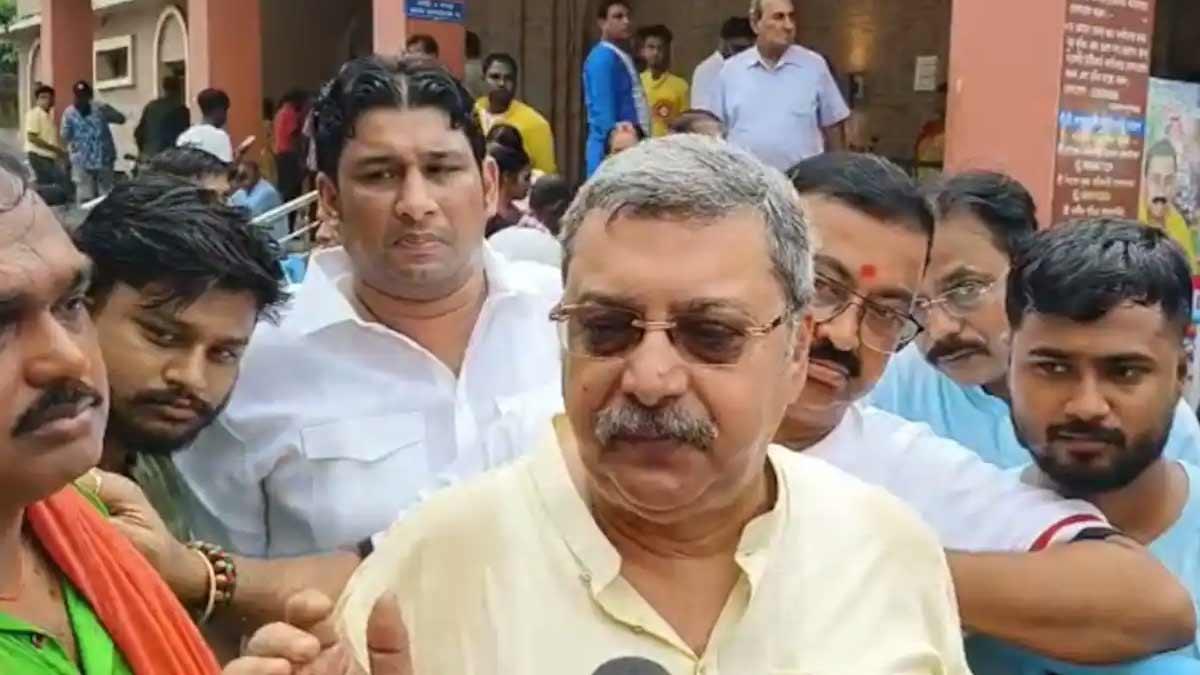The Indian government made a significant announcement on Monday regarding the implementation of the Citizenship (Amendment) Act, 2019, marking a milestone four years after the law's initial passage. This decision clears the path for granting citizenship to undocumented non-Muslim migrants from Pakistan, Bangladesh, and Afghanistan.
The newly notified rules precede the anticipated Lok Sabha elections, indicating the Modi administration's commitment to initiating the process of providing Indian nationality to persecuted non-Muslim migrants, encompassing Hindus, Sikhs, Jains, Buddhists, Parsis, and Christians from the aforementioned countries.
A spokesperson from the Home Ministry emphasized that the Citizenship (Amendment) Rules, 2024 will facilitate eligible individuals under the CAA-2019 to pursue Indian citizenship through an online application process, facilitated by a dedicated web portal.
The CAA, passed in December 2019 and subsequently receiving presidential assent, faced opposition across various regions of India, with many criticizing it as discriminatory. However, its enforcement was delayed pending the notification of accompanying rules, which have now been issued.
The timing of the rules' notification has drawn criticism from the Congress, alleging a deliberate attempt to polarize the forthcoming elections, particularly in states like West Bengal and Assam. This sentiment was echoed by Congress general secretary Jairam Ramesh, who accused the government of orchestrating the announcement to divert attention following scrutiny over electoral bonds.
Meanwhile, Kerala Chief Minister Vijayan reiterated his stance against the CAA, denouncing it as a divisive law that his state would not implement.
The delay in framing rules for legislation, as outlined in the Manual on Parliamentary Work, has been a point of contention. The Home Ministry has sought extensions from parliamentary committees since 2020 to finalize these regulations.
Notably, no additional documentation will be required from applicants, according to officials.
Security measures have been reinforced in areas like Shaheen Bagh and Jamia, previously sites of anti-CAA protests where over 100 individuals lost their lives due to clashes or police actions.
Union Home Minister Amit Shah reaffirmed the government's commitment to implementing the CAA, criticizing West Bengal Chief Minister Mamata Banerjee for allegedly misleading the public on the issue. The TMC, under Banerjee's leadership, has staunchly opposed the CAA from the outset.
In recent years, the BJP has emphasized the promise of implementing the controversial legislation, considering it a crucial factor in its electoral success in West Bengal.
Efforts to grant citizenship to non-Muslim minorities from neighboring countries have been underway, with over 30 district magistrates and home secretaries empowered to facilitate this process. As per the Ministry of Home Affairs' annual report, a substantial number of individuals have already been granted Indian citizenship under the Citizenship Act, 1955, with several states actively participating in the initiative. However, certain politically sensitive regions like Assam and West Bengal have yet to see similar measures implemented.
Read also | Jaishankar Highlights Detrimental Effects of Four-Year Tension Between India and China


















